When Indian Prime Minister Narendra Modi arrived in Washington DC (where he had been banned from visiting for nearly 10 years) on June 21, he joined the ranks of Winston Churchill, Nelson Mandela and Volodymyr Zelensky as rare leaders to have addressed the US Congress more than once.
This is Mr. Modi’s sixth trip to the United States since he took office in 2014, but the first time the U.S. has hosted a state dinner in his honor. Many hope the trip will further crystallize the relationship between the two countries, even as they remain at odds on some key issues.
Mr. Modi received the most lavish honors the United States can bestow on a foreign leader. Yet for much of his state visit, a challenge loomed over Washington and the future of the U.S.-India relationship.
Key factors
The rare state visit by an Indian leader during Joe Biden's presidency represents a doubling down on the strategy of drawing India into the Western orbit, which was initiated during the Bill Clinton administration and promoted by Presidents George W. Bush, Barack Obama and Donald Trump.
Mr. Modi visits Washington at a time when both sides believe that China’s rise poses a dangerous challenge to American power, influence and the entire Western-led system of economic and political rules.
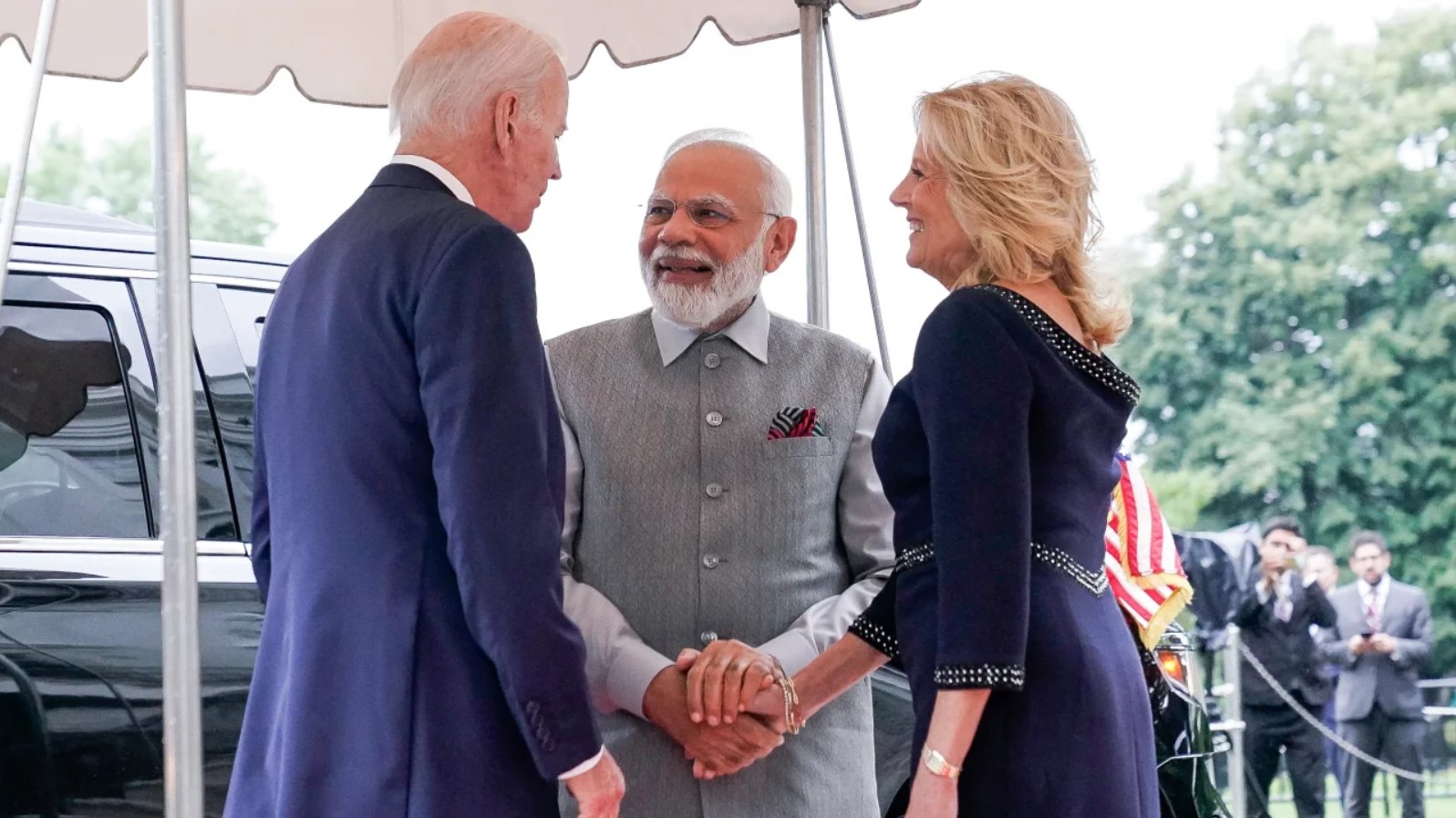
US President Joe Biden and First Lady Jill Biden welcome Indian Prime Minister Narendra Modi to the White House in Washington, US, June 21, 2023. Photo: CNN/Reuters
US officials insist that Mr Modi’s visit is not about China. Yet somehow everything in Washington these days is about China.
Washington hopes to build an extended deterrence framework to try to contain China. Geographically, as well as strategically and economically, India has become a key player in this framework.
From Washington’s perspective, India appears to be a promising partner in its efforts to counter China. Prolonged tensions along the China-India border have raised questions about whether New Delhi’s most dangerous foe is Beijing rather than Pakistan.
The Indian economy is also benefiting from Western governments' desire to wean themselves off Chinese supply chains, especially after they realized how severely their over-reliance on the country's supply chains had been affected by the pandemic.
India is also a member of the Quad, an informal strategic forum of the country along with the US, Australia and Japan. One of the contents of this forum in recent times has been how to deal with challenges from China.
In his address to a joint session of the US Congress on June 22, Mr. Modi said that India shares the US vision of an “open and inclusive Indo-Pacific,” marked by freedom of navigation defined by international law and against the domination of any country.
Though cloaked in the language of international diplomacy, the comments represented an important statement of alignment with the US position, as well as a message to China.
Different vision
Despite the pomp of the June 22 reception, there are deep questions about whether the Modi administration sees itself as a linchpin of US diplomacy, even as it seeks to leverage its relationship with the superpower.
It remains unclear whether India would go all-in behind Mr. Biden if the increasingly alarming confrontation between the United States and China escalates into a full-blown military or diplomatic confrontation.
Ashley Tellis, one of the lead negotiators for the US-India nuclear deal, warned that even as the Biden administration continues to invest heavily in India, it should not have any illusions about New Delhi becoming an ally in some future crisis with Beijing, especially on issues related to Taiwan or the South China Sea.
“India’s significant weaknesses relative to China and its inevitable proximity to China ensure that New Delhi will never get involved in any US confrontation with Beijing that does not directly threaten its own security,” Mr. Tellis wrote in Foreign Affairs magazine.
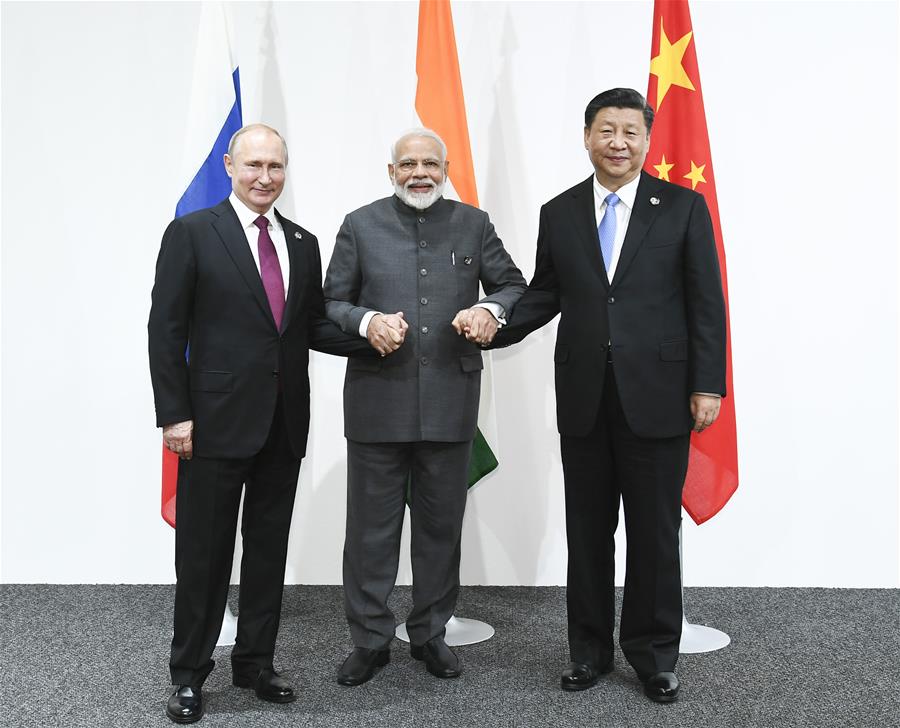
India is said to not be involved in any US confrontation with Beijing unless it directly threatens its security. Photo: Xinhua
In fact, Washington has little hope of India becoming a formal ally. The country has always resisted being drawn into organized alliances and is now positioning itself as a leader in the developing world.
Their policies sometimes clash with those of the United States. For example, they are a buyer of cheap Russian oil despite US sanctions imposed after Russia sparked the conflict in Ukraine. In addition, Mr. Modi has maintained a neutral stance on the conflict, due to the historical relationship between the two countries.
“India sees itself as a power on its own merits and it has its own geographical constraints, its own kind of power and its own aspirations on a regional and global scale. There is a meeting of minds and interests at the moment, but it is not something that will last forever,” said Avinash Paliwal, associate professor of international relations at Soas University of London.
This view reinforces the idea that India and the US may have different ambitions and visions for their increasingly close relationship, and that Mr. Biden may end up disappointed in the “favor” he shows to the Indian rulers .
Nguyen Tuyet (According to The Guardian, CNN)
Source











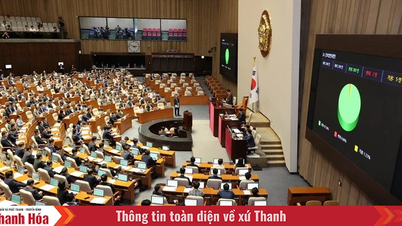

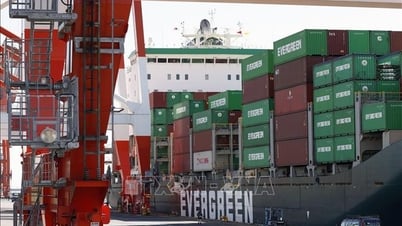

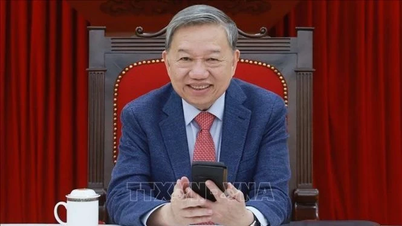

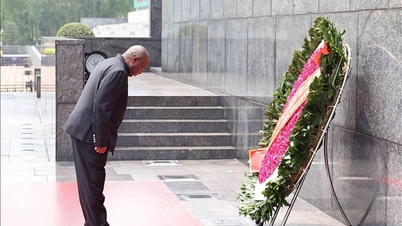

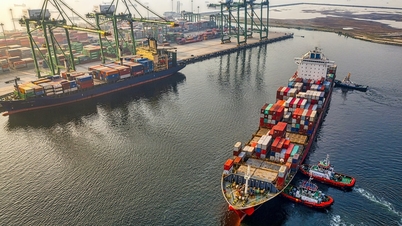




























































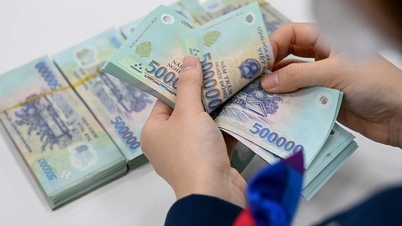

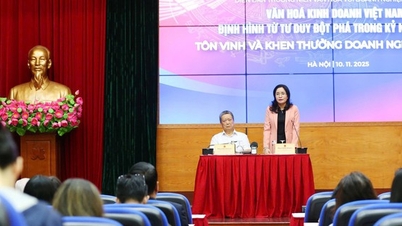






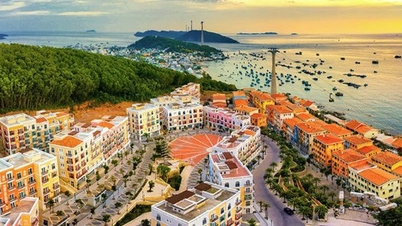








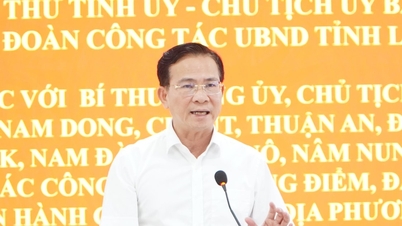


![Dong Nai OCOP transition: [Article 3] Linking tourism with OCOP product consumption](https://vphoto.vietnam.vn/thumb/402x226/vietnam/resource/IMAGE/2025/11/10/1762739199309_1324-2740-7_n-162543_981.jpeg)








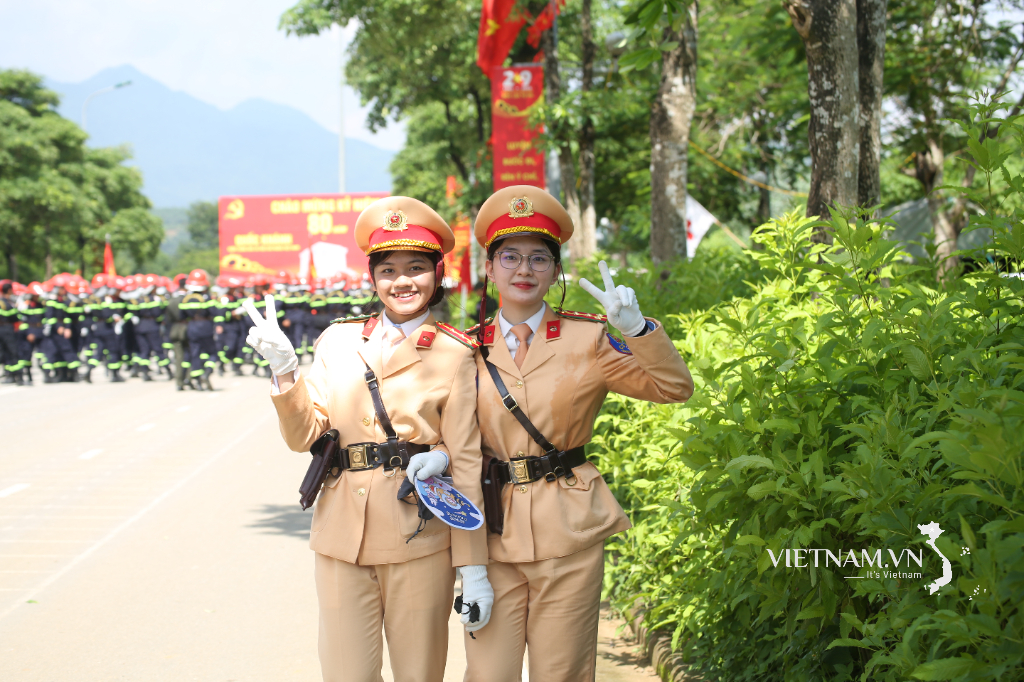


Comment (0)